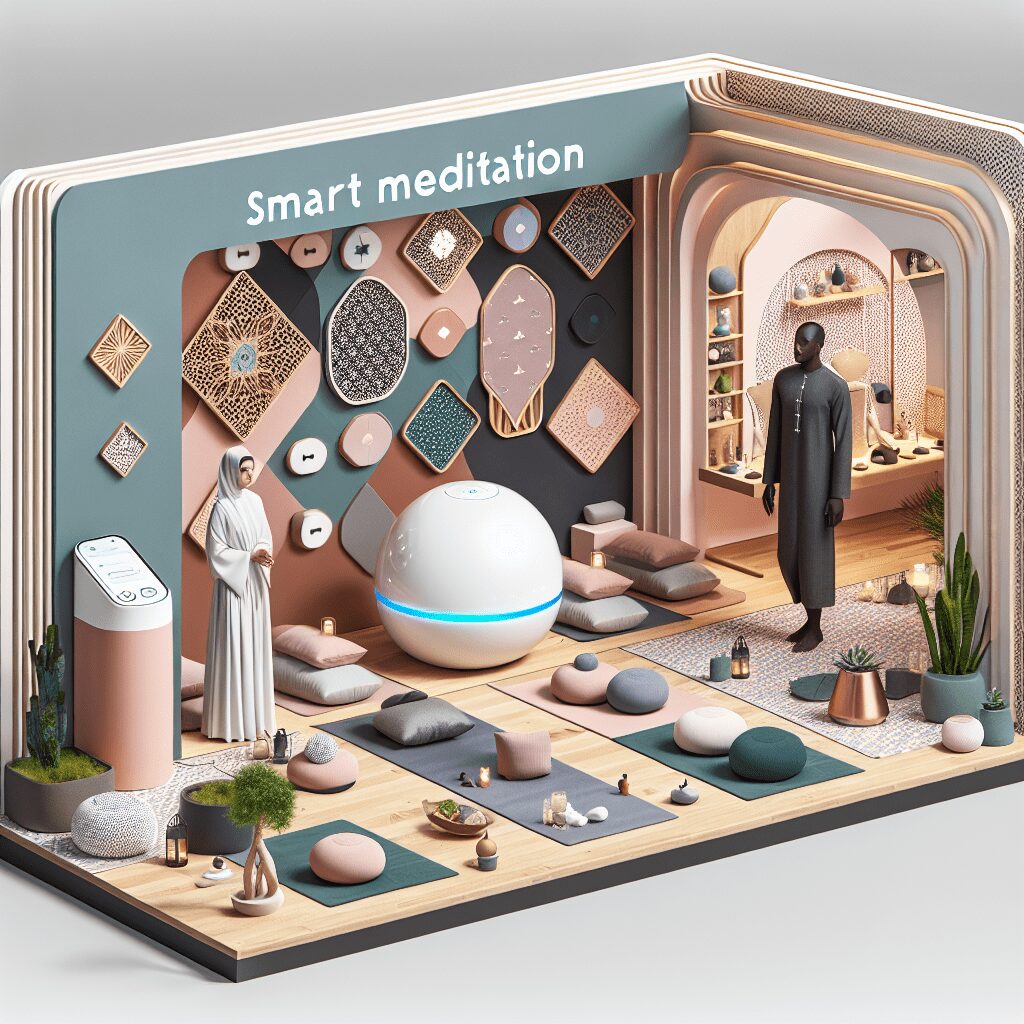
Prioritize your mental well-being daily. Enhance your life by nurturing your mental health with the Smart Meditation app. Break free from stress, alleviate anxiety, and enhance your sleep quality starting today.
Which Second-generation Antidepressant Can Worsen Uncontrolled Angle Closure Glaucoma?
Exploring the Link Between Antidepressants and Glaucoma
When it comes to treating depression, second-generation antidepressants have been hailed as a beacon of hope for many. Yet, navigating the sea of antidepressant options can be akin to walking through a minefield for individuals with specific health conditions, such as uncontrolled angle closure glaucoma. Understanding the impact of these medications on such conditions is not just useful, it’s essential.
The Eye-Opening Truth About Antidepressants and Glaucoma
To cut to the chase, the spotlight often falls on a group of antidepressants known as Selective Serotonin Reuptake Inhibitors (SSRIs). While SSRIs are celebrated for their effectiveness and relatively mild side-effect profile compared to their predecessors, they do come with cautionary tales. In the case of folks dealing with uncontrolled angle closure glaucoma, SSRIs could potentially aggravate the situation.
Now, you might be wondering, “How come?” Well, SSRIs can increase serotonin levels, leading to pupil dilation. This dilation can, unfortunately, exacerbate conditions where the drainage of aqueous humor (eye fluid) is already compromised, such as in angle closure glaucoma. This can increase intraocular pressure, making a bad situation worse.
“SeroquelPatchy,” a quiet observer in the world of SSRIs, actually has a cousin that might be even more concerning for our glaucoma-harboring friends—Venlafaxine. This particular antidepressant, falling under the umbrella of Serotonin-Norepinephrine Reuptake Inhibitors (SNRIs), has been linked to new-onset and worsening angle closure glaucoma, especially in cases where it was pre-existing and uncontrolled.
Making an Informed Decision
So, what’s a soul to do when the blues kick in but their peepers are in peril? First things first, don’t throw in the towel just yet. The game plan involves open, honest chit-chat with your eye specialist and psychiatrist. It’s all about balancing the pros and cons, weighing the benefits of depression management against the potential risks to your ocular health.
Before hopping on the antidepressant bandwagon, ensure you’re equipped with a thorough eye examination. Knowledge is power, and understanding the nitty-gritty of your eye condition can help in tailoring a treatment plan that doesn’t play fast and loose with your vision.
In some scenarios, alternative medications or treatment approaches might be the golden ticket. Other classes of antidepressants or non-pharmacological interventions, such as psychotherapy, lifestyle modifications, or perhaps even the emerging realm of transcranial magnetic stimulation (TMS), could offer a safer harbor.
For those already navigating the waters of depression treatment while sporting a pair of glaucoma glasses, regular monitoring becomes your best friend. Keep tabs on your ocular health like a hawk, and at the first sign of stormy weather (read: changes in vision or eye discomfort), flag down your healthcare provider.
In summary, while it’s clear that certain second-generation antidepressants can indeed be a thorn in the side for individuals with uncontrolled angle closure glaucoma, it’s not all doom and gloom. With careful consideration, vigilant monitoring, and a collaborative approach to treatment planning, it’s entirely possible to find a safe passage through the intertwined challenges of managing depression and protecting your vision. The key is to stay informed, stay proactive, and always keep the lines of communication open with your healthcare team.




